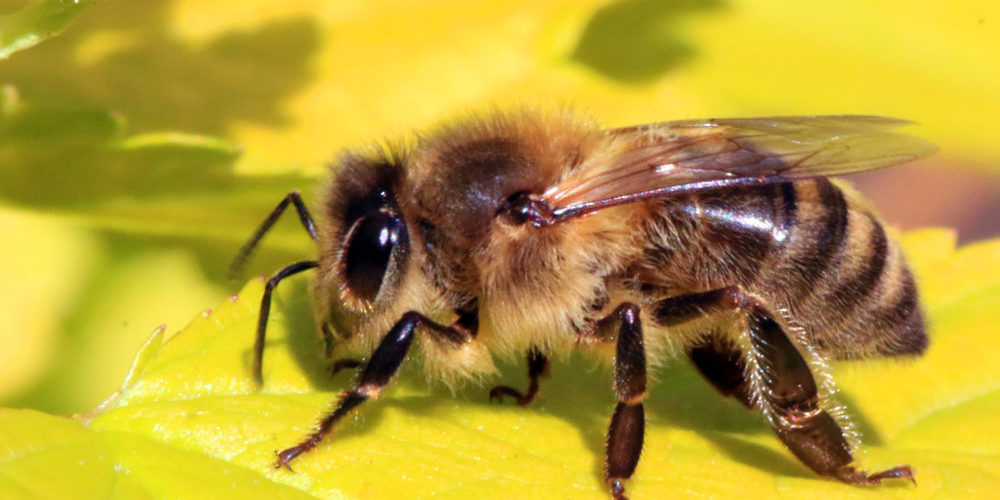Cherryfield Ecology has been surveying a site for bats in Hampshire these last few weeks, not only are there bats using the building but also bees.
This survey is known as an emergence/pre-dawn re-entry survey and is required when house building or alternations are being sought. As bats are a protected species these are a material consideration in the planning process.
Bees however are not protected, which is pretty mad considering that without them a lot of our own food crops just wouldn’t last or would be very hard to grow and produce. These include, but are not limited to, produce such as beans, peas, raspberries and tomatoes (BCT, 2017).
The UK has 250 different species of bee, 25 are bumblebees (those that we see in the garden) one honey bee and the remaining are solitary bees.
The hive we found was a honey bee hive, these are semi-domesticated (BBOWT, 2017) and produce honey for human consumption. The hive will have a queen, who lays eggs and workers who look after the young. There are also drone males who mate with the queen to produce off-spring.
As bees are so important the owner has been advised to contact the local beekeepers association and have the hive removed and relocated before the building is demolished to make way for the new dwelling. The same will happen with the bats under a license once planning is granted.
Need a bat survey? give us a ring or email us to find out more
References
BCT (Bumblebee Conservation Trust), (2017), All about bees, online at http://bumblebeeconservation.org/images/uploads/BBCT037_-_All_about_bumblebees_Leaflet_-_08.16_1.pdf, accessed on 22/05/2017
BBOWT (Berks, Bucks and Oxon Wildlife Trust), Honey Bees, online at bbowt.org.uk/species/honey-bees, accessed on 22/05/2017






